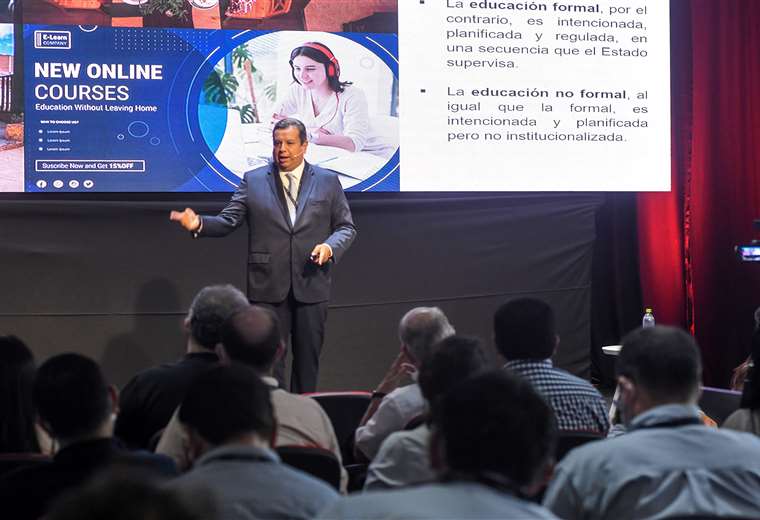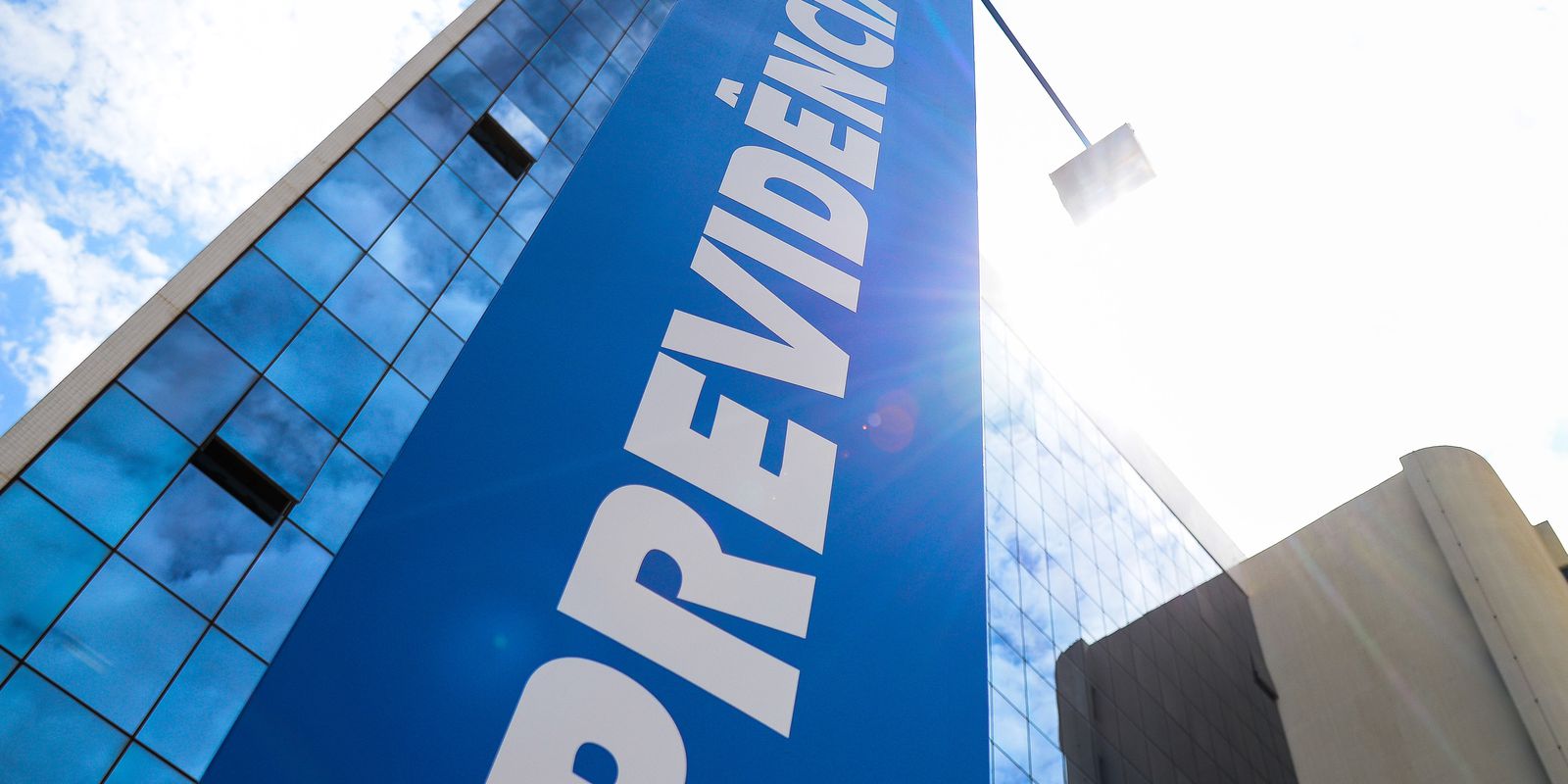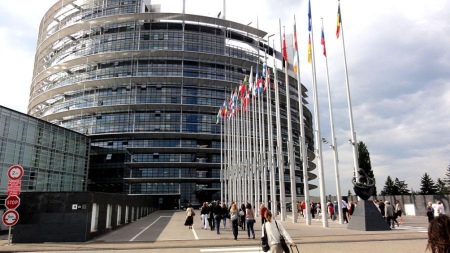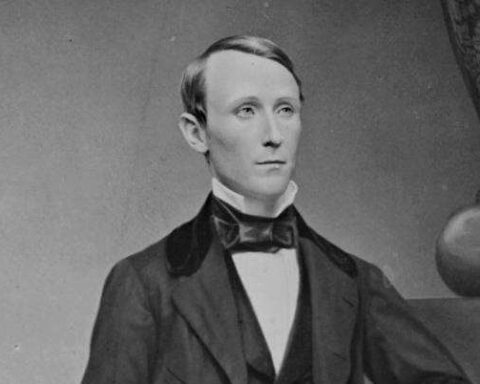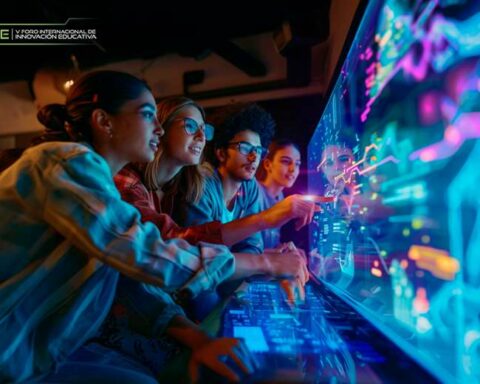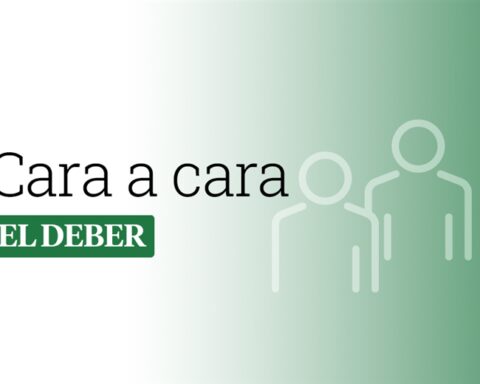December 15, 2022, 10:30 AM
December 15, 2022, 10:30 AM
Higher education generates trends in the teaching and learning processes. Its impact on teachers and students, added to technological disruption, has an impact on mentality at all levels, says José Eduardo Castillo, president of the University 2030 initiative and speaker at the III Virtual Educa International Forum on Higher Education, organized by the Franz Tamayo University , Unifranz.
The quality processes of teaching and learning that are developed with the use of technologieswith greater speed after the pandemic, generated a change in education up to 180 degrees. It is a path of no return, Castillo points out in his presentation “the university and education of the future”.
Static classrooms gave way to hybrid, virtual and face-to-face education. “In formal education we fight every day to make it more dynamic, because normally we go at a speed greater than that of a regulator (government). Formal education suffers from a problem when it comes to adapting to the new times, being obsolete, with no opportunities to catch up with trends”, he points out. Castillo also works as Advisor in Innovation and Digital Transformation of Virtual Educa, which is committed to changing reality with social alliances in which regulatory entities participate.
“When one talks about education, in general, one imagines the school, the big building; We do not think about emotional education, psychological education, behavioral, social, cultural. They prepared me to work on integral derivatives in mathematics, but I was never taught to accept the failure of my first interview or how to be able to get up if they did not choose me, they never taught me in all the finance courses how important it is to pay up to date ”, he points out.
A recent study by Global Education Futures and WorldSkills Russia envisions a new oriented education to develop student skills to work collaboratively and adapt to rapidly changing environments. These skills even change the way in which knowledge and skills are transferred.
Personalize learning
The education that projects the future uses artificial intelligence algorithms for personalize learning and offer content that adapt a the needs of the students and at your learning pace. Castillo says that many of us experienced an interesting advance with the use of adaptive and personalized learning platforms at the time of the pandemic that regenerated the learning ecosystem.
It is a significant change for universities, as it moves away from the traditional model. non-formal educationthe one that is outside the school environment is developing intellectual and moral competencies of individuals. Castillo believes that it is the education of the future, because people give up titles, because their problem-solving skills are more important.
In order to keep the future professional inspired you have to leave the rigidity, recommends the expert, it has to be entertaining and highly productive at the same time. We are in a new scenario of rethinking its strategic plans, if we want to talk about the education of the future we need to imagine a university where physical assets are reduced, where human work is going to have to reinvent itself and take advantage of data to discover patterns that lead us to determine what is the most effective way to reach our beneficiary so that he can succeed in life, concludes the expert.

